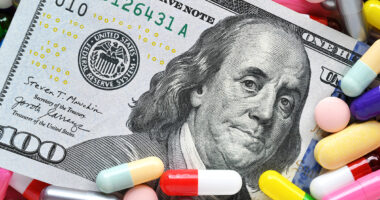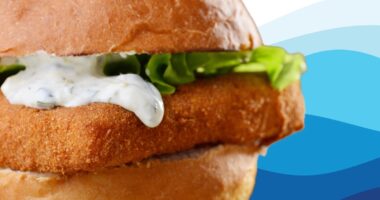The product recommendations in this post are recommendations by the writer and/or expert(s)
interviewed and do not contain affiliate links. Meaning: If you use these links to buy
something, we will not earn a commission.
It’s rare to find someone who doesn’t love peanut butter. Whether you’re eating a classic PB&J, enjoying it on some sliced apples, putting it on top of toast with honey, using it as a base for a sauce, or adding it to your favorite smoothie recipe, this food is loved by many, and actually comes with plenty of health benefits. That is, as long as you’re avoiding some of the unhealthiest peanut butters on the shelves.
Even though peanut butter can be healthy, not all store-bought brands carry the same nutritional value. While peanut butter in its more natural state can give you a boost of protein, healthy fat, fiber, and calcium, some of the unhealthiest store-bought peanut butters can come loaded with added sugars and weird preservatives, which may ultimately negate some of the potential health benefits. This is why we’ve put together a list of the jars to avoid when you’re at the store.
What to look for when shopping for peanut butter
When you’re shopping for a new jar of peanut butter, you’ll want to look for a few things on the nutrition label. First, make sure to check the ingredients list for preservatives or other unwanted ingredients. For example, common ingredients you’ll find in unhealthier peanut butter are high fructose corn syrup and hydrogenated vegetable oil. Ultimately, the best jar of peanut butter should contain no more than two ingredients: peanuts and salt.You’ll also want to take note of the amount of sugar and added sugar. Even a peanut butter made with just salt and peanuts will have a couple of grams of natural sugars, but you may want to avoid the types that have sugar added to it. More than a few grams, and you may want to find another brand.
Because there are more than a few options on grocery store shelves, we’ve gone ahead and done the dirty work of uncovering the unhealthiest peanut butters that should not be a part of your regular diet. Read on, and for more healthy eating tips, check out The Best Healthy Snacks for Weight Loss.
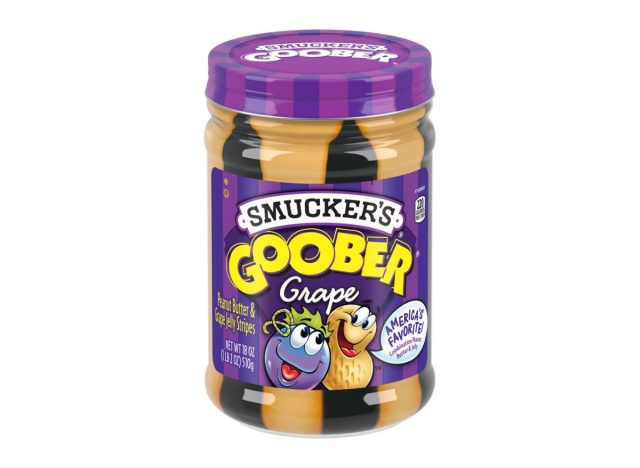

3 Tbsp: 220 calories, 11 g fat (2.5 g saturated fat), 125 mg sodium, 30 g carbs (2 g fiber, 21 g sugar), 5 g protein
When looking for a delicious peanut butter spread, you may be tempted to grab something that has both peanut butter and jelly in one. What could be easier than that? But unfortunately, this spread is loaded with sugar and unhealthy ingredients.
“Smucker’s Goober Grape is an unhealthy spread to buy, as it contains 21 grams of added sugar—including high fructose corn syrup and corn syrup. These are processed and should be avoided when possible,” says Lisa Young, PhD, RDN, author of Finally Full, Finally Slim, and member of our Medical Expert Board. “As a rule of thumb, it is best to buy peanut butters that do not contain added sugar.”
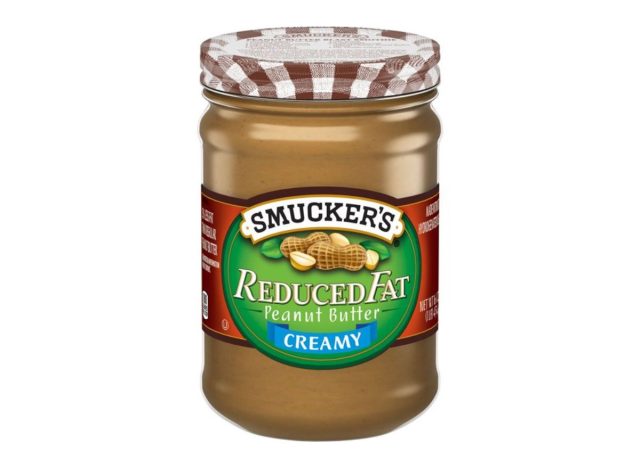

2 Tbsp: 180 calories, 12 g fat (2 g saturated fat), 115 mg sodium, 13 g carbs (3 g fiber, 2 g sugar), 8 g protein
When trying to avoid some of the unhealthiest peanut butters at the grocery store, it may be helpful to watch out for terms like “reduced fat.” This may seem counterintuitive at first, but companies will oftentimes compensate for reduced fat with funky ingredients that aren’t that great for your health.
“You may think choosing a reduced-fat version is always better, but don’t be fooled by it,” says Young. “This jar contains ingredients like maltodextrin, which is often used as a substitute for sugar.” If you want to stick to Smucker’s but need something on the healthier side, Young suggests trying the Smucker’s Natural Creamy Peanut Butter, which has “no other ingredients aside from peanut and salt.”
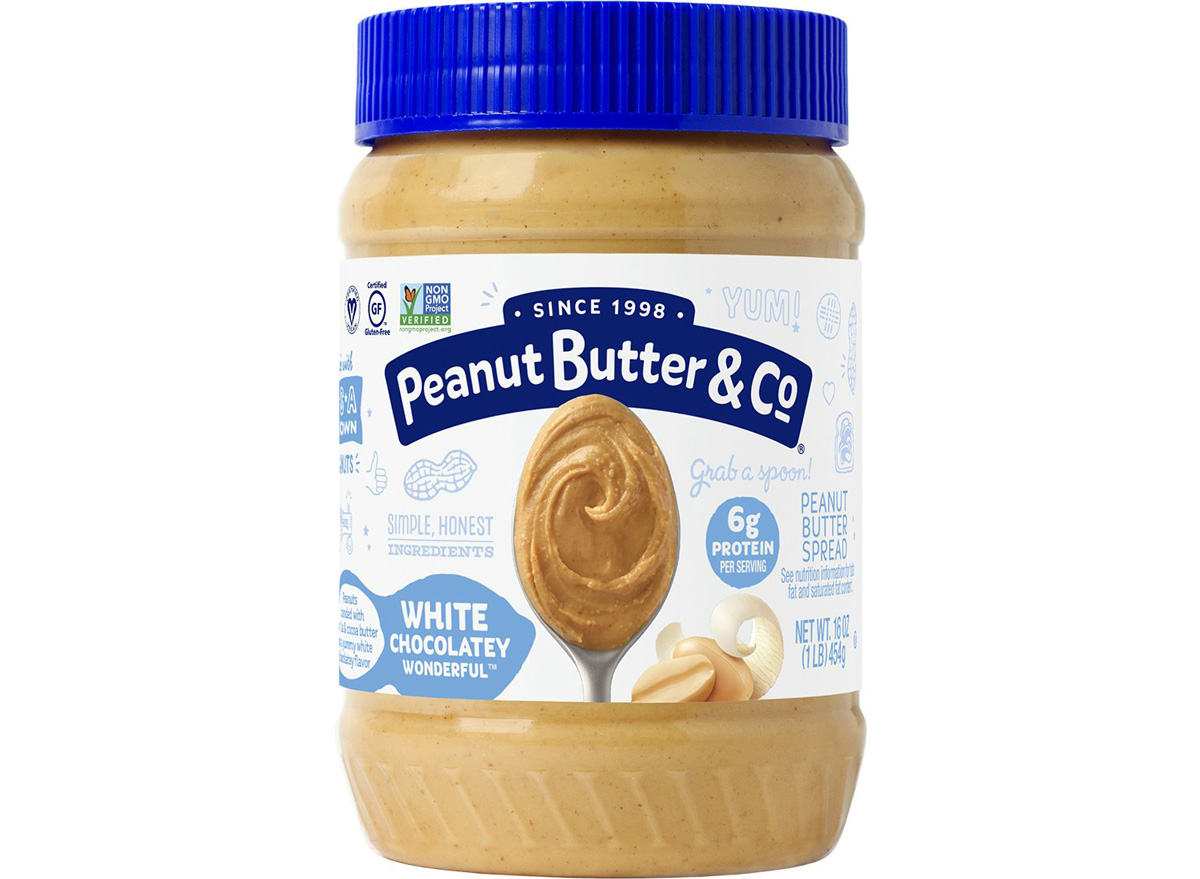

2 Tbsp: 180 calories, 13 g fat (3 g saturated fat), 35 mg sodium, 12 g carbs (2 g fiber, 7 g sugar), 6 g protein
While there are plenty of great peanut butter options from Peanut Butter & Co., this isn’t one of them. Out of all the jars on this list, it has one of the lowest amounts of protein at just 6 grams. Plus, it has 7 grams of sugar, 6 grams of which are “added” sugar, which equates to 12% of your daily recommended limit of the nutrient.
READ RELATED: Ravindra Jadeja Fitness: How Does The CSK Star Train Himself?
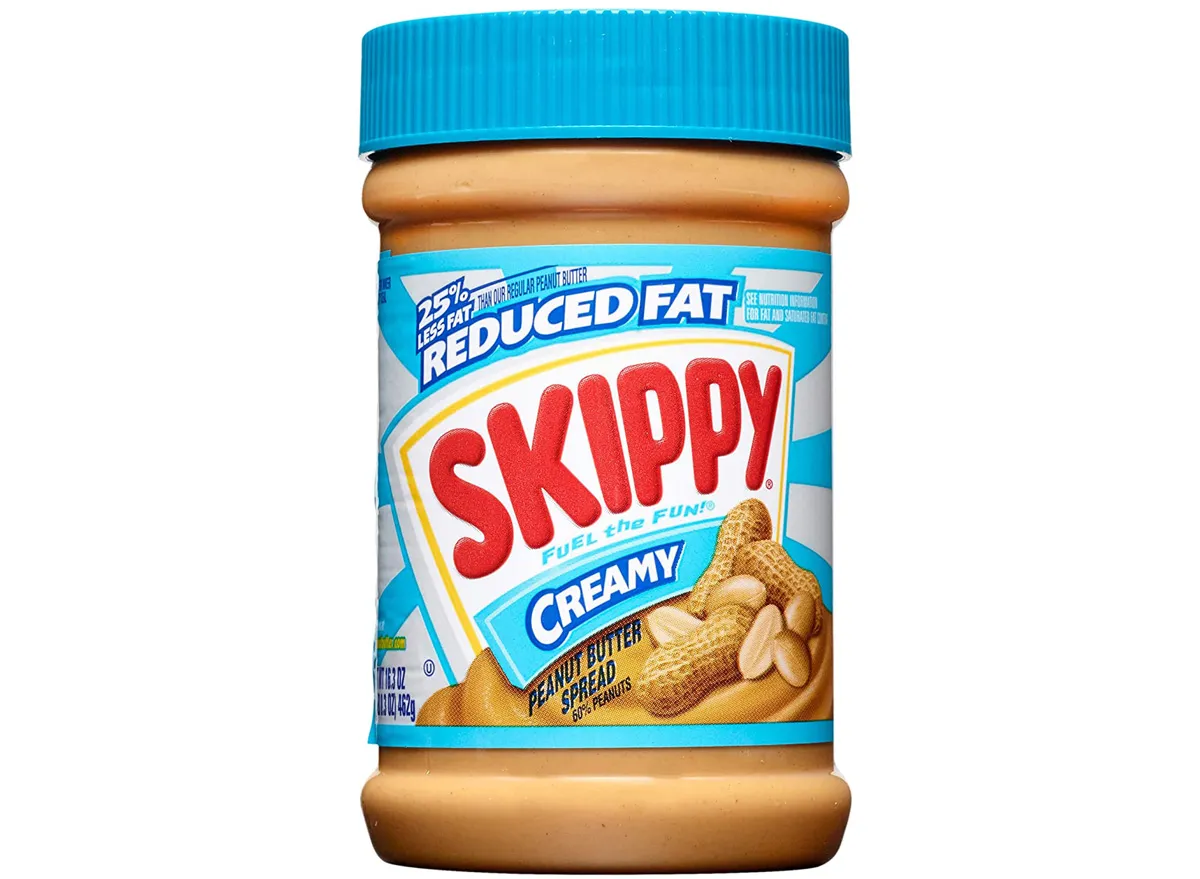

2 Tbsp: 190 calories, 12 g fat (2 g saturated fat), 170 mg sodium, 14 g carbs (2 g fiber, 4 g sugar), 7 g protein
If you know about some of the sneaky buzzwords on food labels that are major red flags, you know that “reduced fat” can sometimes be synonymous with “higher in sugar.” In this case, it’s 4 grams of corn syrup solids and sugar. And if you thought you could avoid the soy that you find in a lot of processed foods in a jar of peanut butter, you’d be wrong. Skippy compensates for lower amounts of peanut butter protein with low-fat soy protein concentrate.
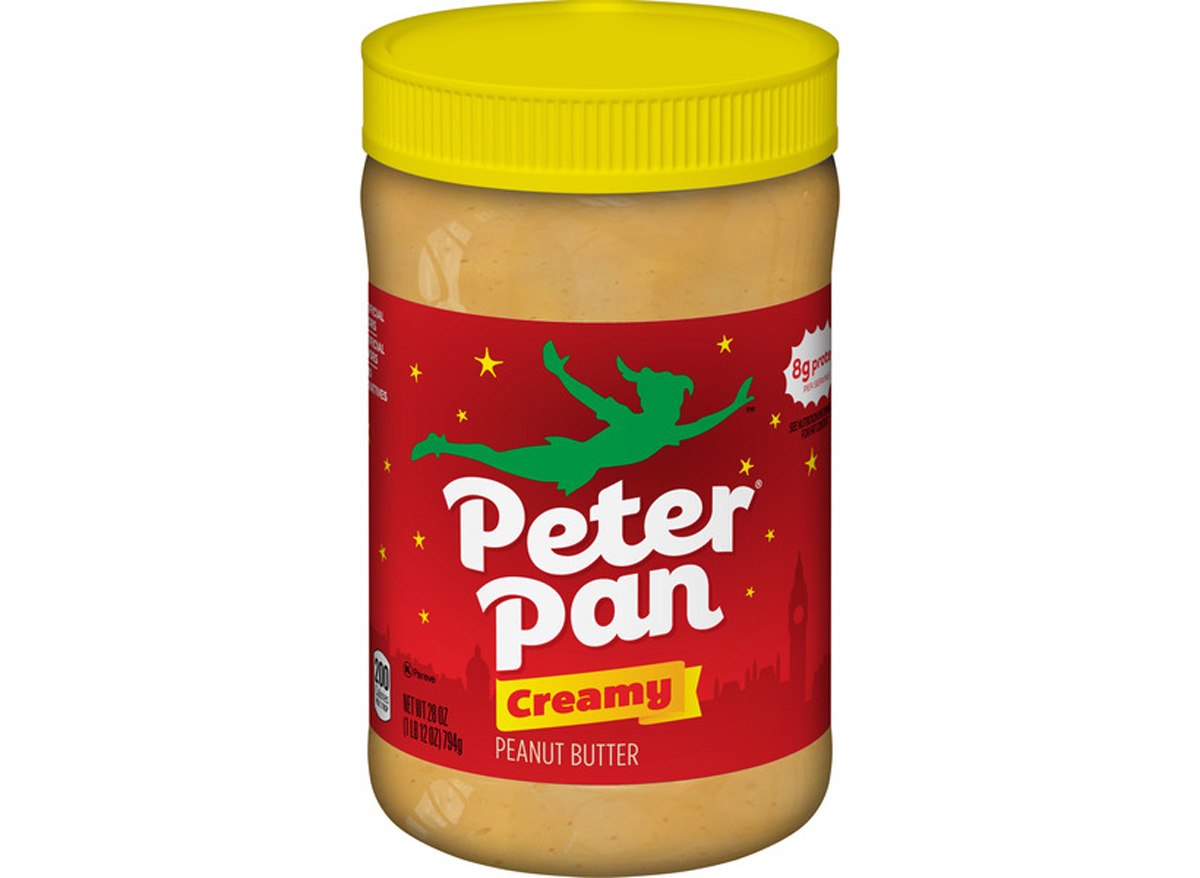

2 Tbsp: 200 calories, 16 g fat (3.5 g saturated fat), 125 mg sodium, 7 g carbs (2 g fiber, 3 g sugar), 8 g protein
This jar is higher in calories and sugar compared to your average peanut butter on the market. It also contains hydrogenated vegetable oils—a highly processed fat produced by hydrogenation, which creates trans fats, a type of unsaturated fat that can harm your health.
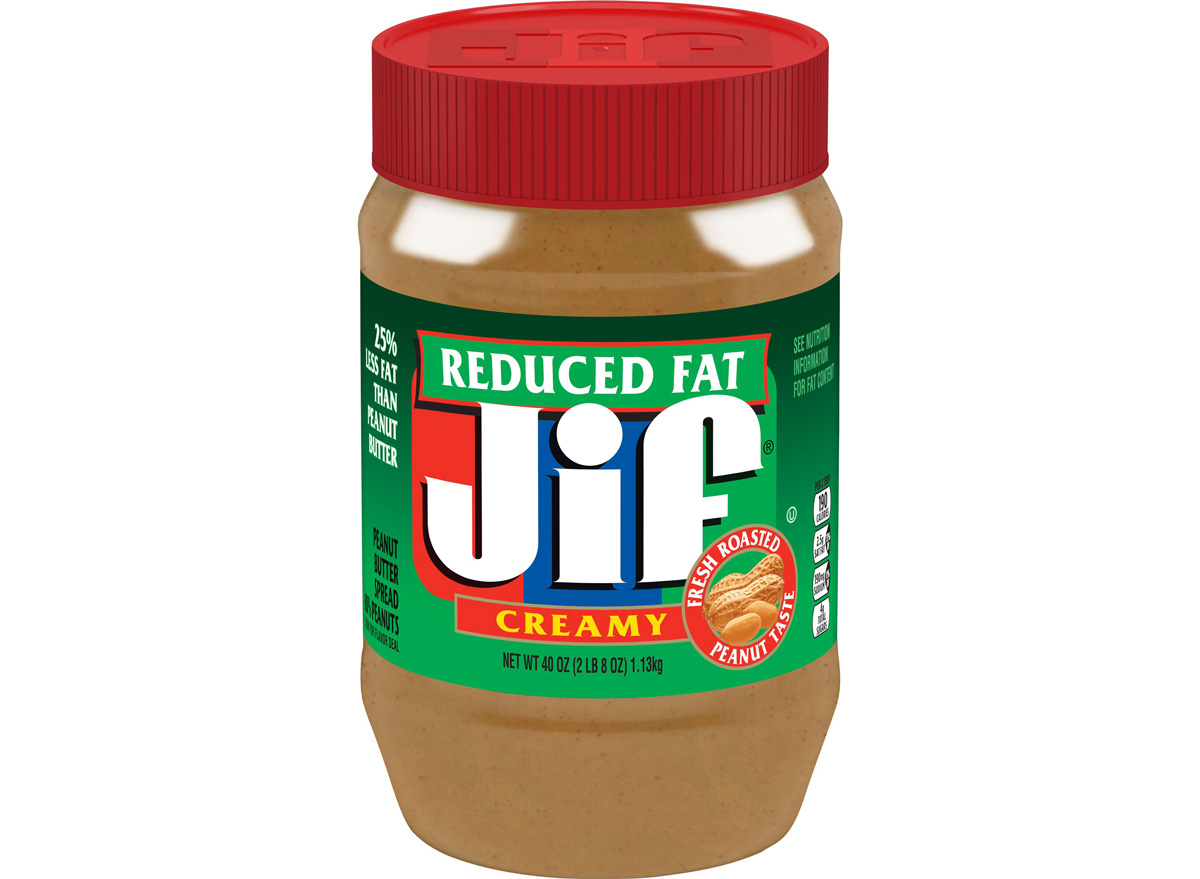

2 Tbsp: 190 calories, 12 g fat (2.5 g saturated fat), 190 mg sodium, 15 g carbs (2 g fiber, 4 g sugar), 7 g protein
When your jar of peanut butter has to claim that it only contains 60% peanuts, it’s worth being skeptical. What’s the other 40%?! Turns out it’s 14 other ingredients, such as corn syrup solids and fully hydrogenated vegetable oils. Naturally, if your jar of peanut butter is only 60% peanuts, it will normally have less protein. Not in this case—JIF supplements its jars with pea protein to keep that number at 7 grams, which is good as long as you don’t have a sensitivity to pea protein.
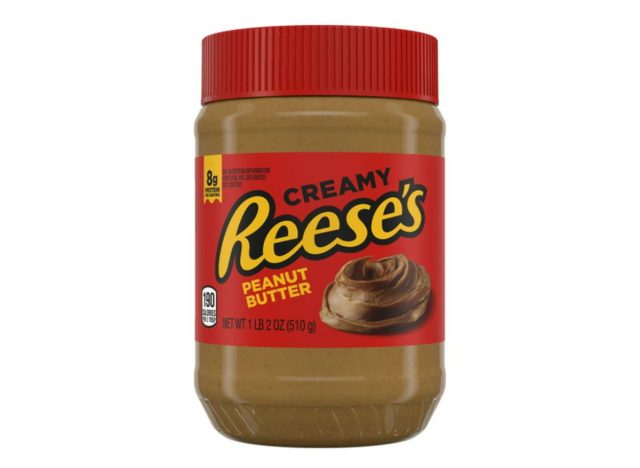

2 Tbsp: 190 calories, 16 g fat (2.5 g saturated fat), 140 mg sodium, 7 g carbs (3 g fiber, 3 g sugar), 8 g protein
For anyone who is a fan of the classic Reese’s Peanut Butter Cup, this PB spread seems like a dream come true. Sorry to disappoint, but one glance at the ingredients list, and you’ll see it contains those problematic hydrogenated vegetable oils. Plus, fans of the candy have said this peanut butter doesn’t even really taste like the deliciousness that is inside of the chocolate cup anyway. So it’s (sadly) just a lose-lose all around.
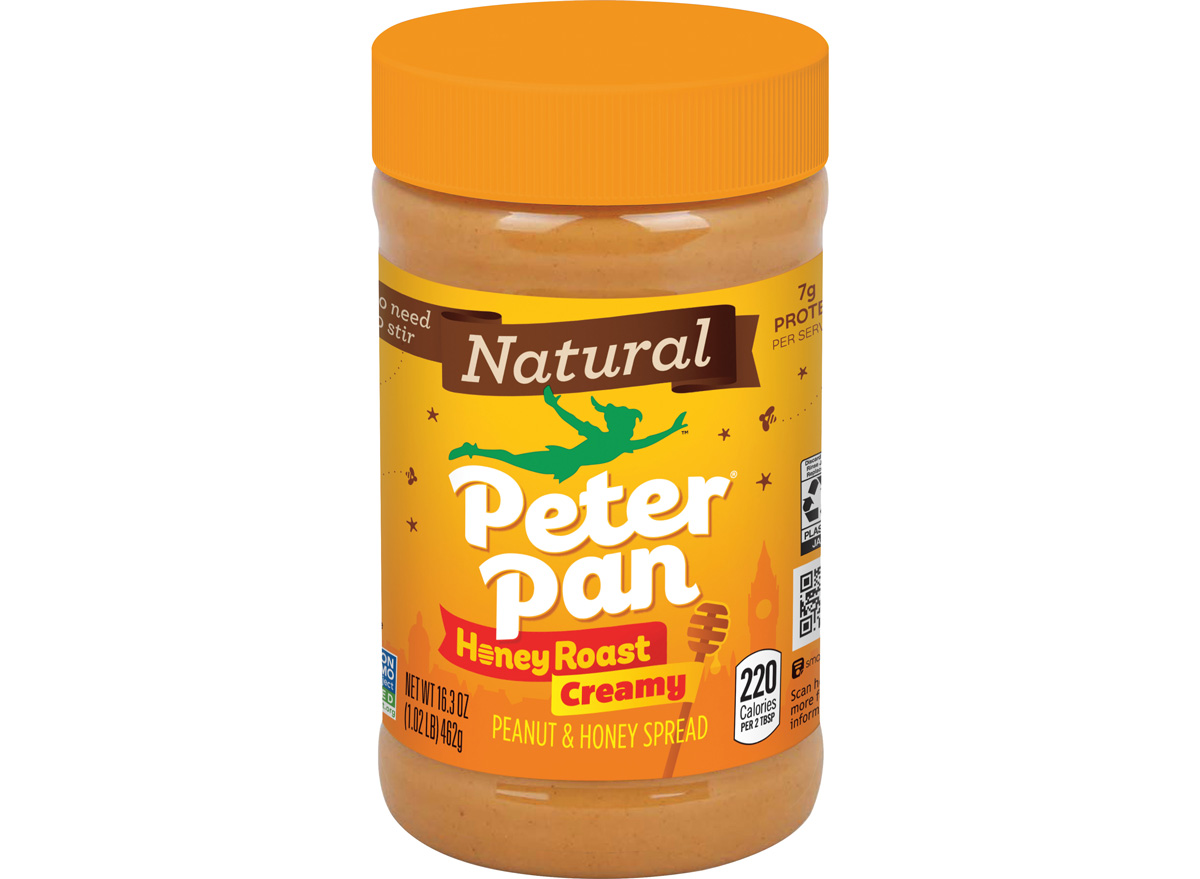

2 Tbsp: 200 calories, 14 g fat (3 g saturated fat), 130 mg sodium, 11 g carbs (2 g fiber, 8 g sugar), 7 g protein
If you want your peanut butter to have almost as much sugar as your jelly, you can buy this tub. But if you don’t want to eat over 30 grams of sugar in your peanut butter and jelly sandwich, it’s best that you pass. Also, this is, unfortunately, another peanut butter that uses hydrogenated vegetable oils.




